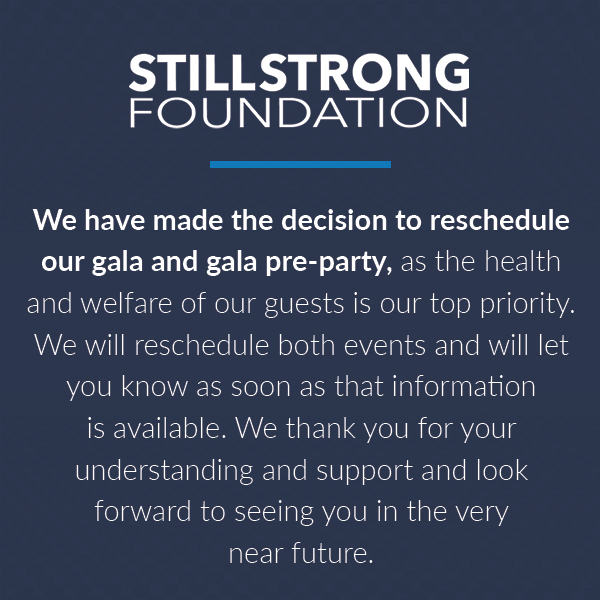
Cancer affects everyone including teenagers and young adults. As parents there are important things to keep in mind, to decrease your teen’s risk.
One way to decrease your teen’s risk is to not smoke. There are many teens who practice smoking without their parents knowing. Therefore, it is important to talk to your teenager about the risk of smoking and why they should not try it. It is also important to talk to them about second-hand smoke and the danger associated with that as well. According to the American Cancer Society, about half of all Americans who keep smoking will die because of the habit. Each year more than 480,000 people in the United States die from illnesses related to tobacco use. This means each year smoking causes about 1 out of 5 deaths in the US.
Another important factor to remember is alcohol consumption. The CDC reports that although drinking by persons under the age of 21 is illegal, people aged 12 to 20 years drink 11% of all alcohol consumed in the United States. More than 90% of this alcohol is consumed in the form of binge drinks. There are many scientific studies that support drinking is linked to several different cancers. The evidence indicates that the more alcohol a person drinks—particularly the more alcohol a person drinks regularly over time—the higher his or her risk of developing alcohol-associated cancer.
Lastly, talk to your teen about limiting sexual partners and using safe sex practices. Talking to your teen about safe sex is about more than preventing STI’s or getting pregnant–it can decrease your risk for cancer. HPV is short for human papillomavirus, which HPV can be passed from one person to another by skin-to-skin contacts, like with sexual activity. The main way HPV is spread is through sexual activity, including vaginal, anal, and oral sex. HPV can be spread even when an infected person has no visible signs or symptoms.
HPV vaccines can prevent infection with certain types of HPV, including types that are linked to HPV-related cancers. According to the American Cancer Society, vaccines are approved for use in males and females. They can only be used to prevent HPV infection – they don’t help treat an existing infection. To work best, the vaccines should be given at or before age 11 or 12.
Overall, no parent wants to think that their teens are out drinking, smoking or having sex but these are conversations we must have with our children. Unless you explain how important it is to stay away from these practices, your child could be at risk. The more you share with them the better.
Written by: Priscilla Q. Williams, RN

